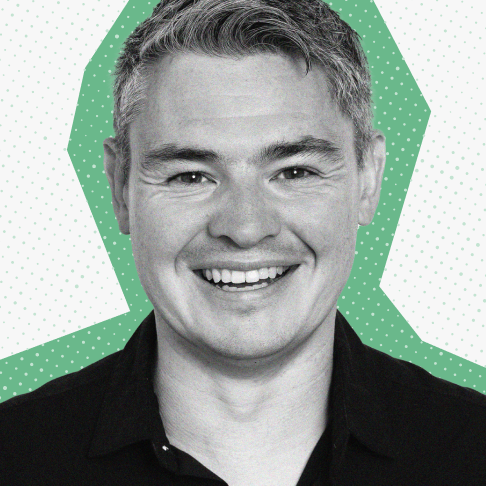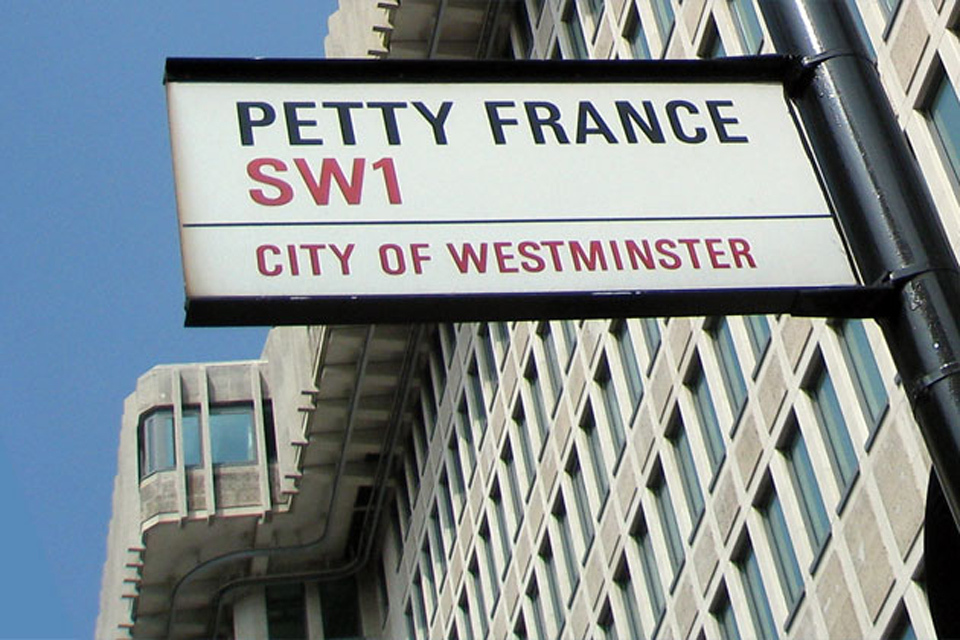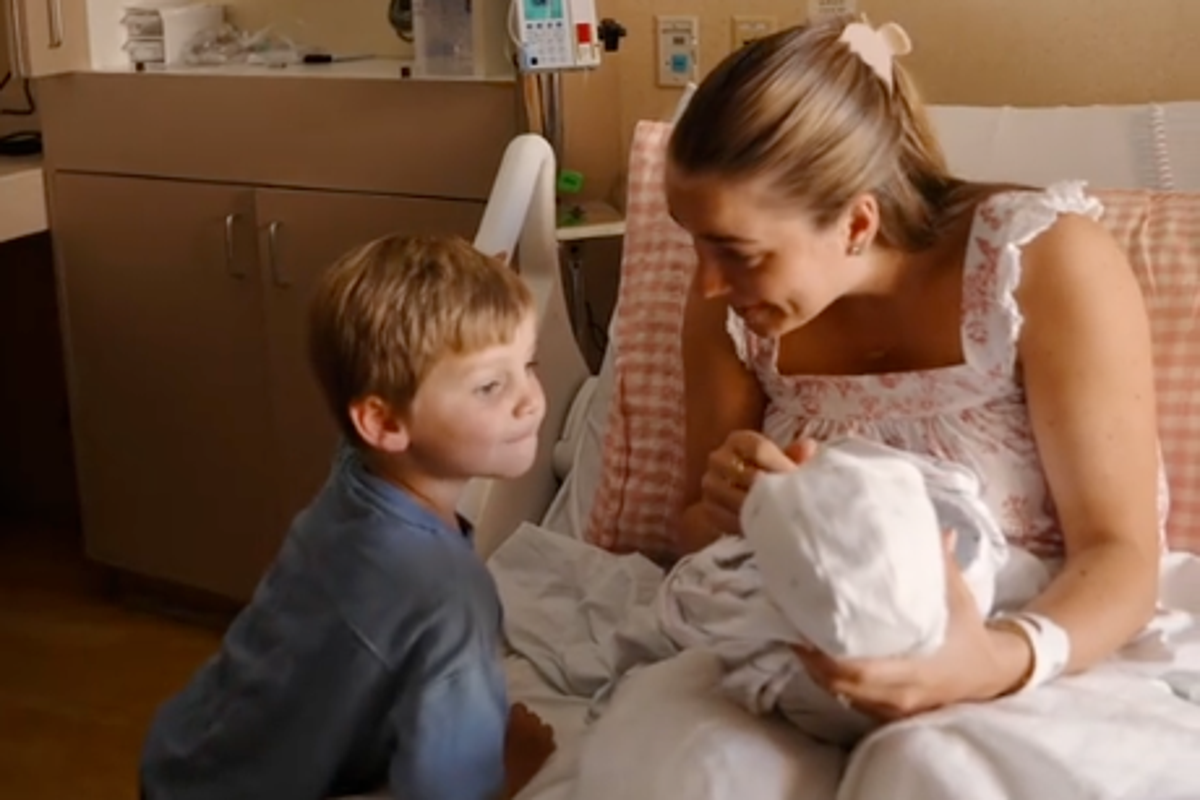A former soldier received a diagnosis for a rare, incurable neurological condition after he was unable to give a thumbs up to a colleague.
Clive Phillips, 50, from Birmingham but now living in Hope, New Zealand, had always “prided” himself on his fitness and health, enjoying mountaineering, walking, and cycling.
In his late 30s, Mr Phillips developed “unusual” symptoms: a weaker grip, trouble lifting bags, and struggling with buttons. However, he initially ignored these subtle changes.
The “tipping point” came when he could not give a thumbs up at work, leading to his multifocal motor neuropathy (MMN) diagnosis in December 2019.
MMN is a rare, incurable neurological condition characterised by the loss of motor function.
Now working in healthcare, Mr Phillips said his condition has stabilised with regular treatment, though he lives with residual symptoms like muscle wastage and reduced dexterity.
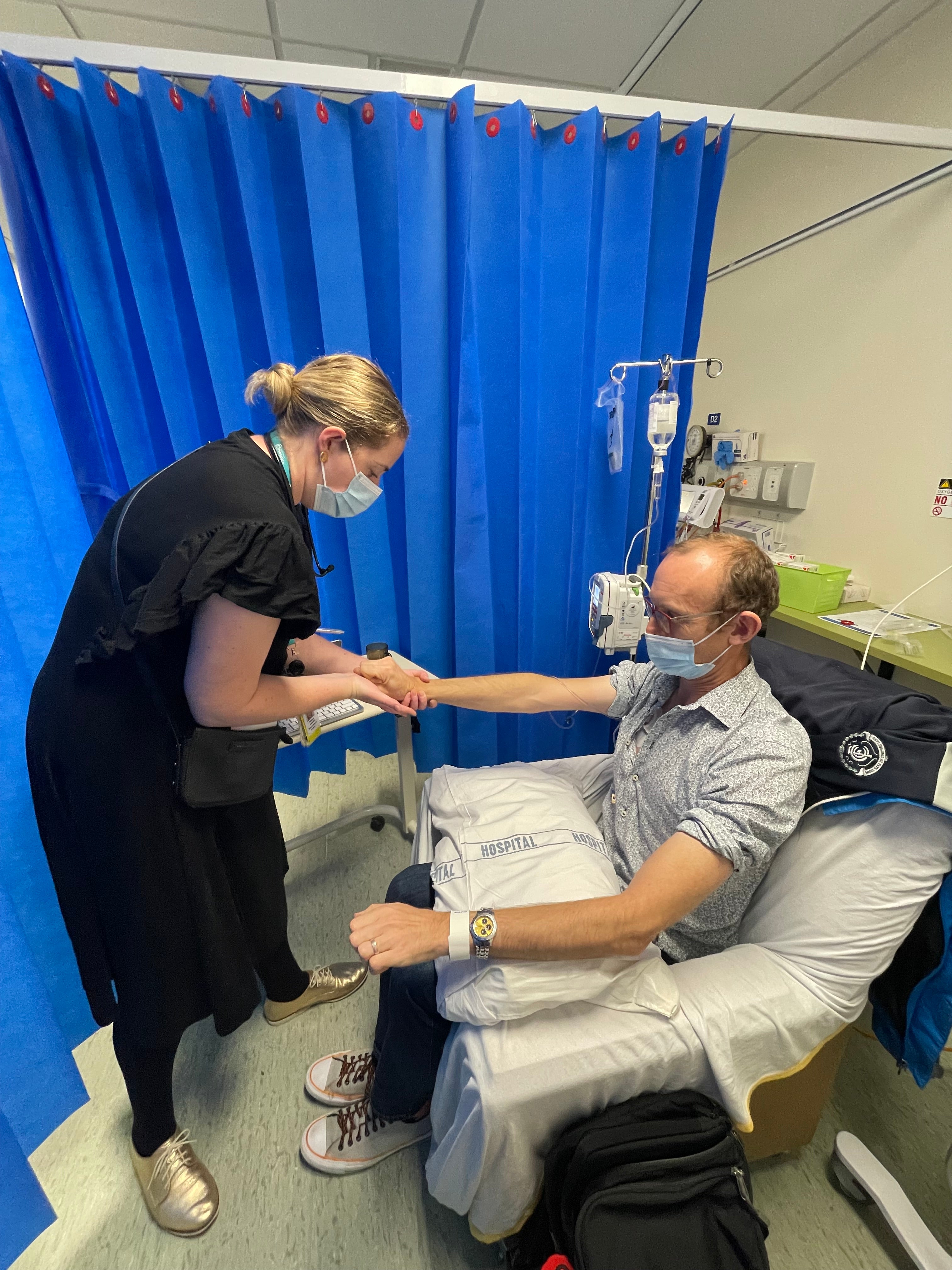
According to the National Institutes of Health, on average, it can take more than six years to receive an accurate diagnosis for MMN.
Mr Phillips said the symptoms are often mistaken for motor neurone disease (MND), which is fatal.
He has since launched a social enterprise called Making the Most of Now, inspired by the initials MMN, which is dedicated to improving understanding of the condition and “giving patients voices”.
Speaking about the moment that led to his diagnosis, Mr Phillips said: “I was walking down the corridor at work and trying to give someone a thumbs up with my left hand, the most natural action in the world, and I couldn’t do it.
“I’m going ‘hang on a minute, I can’t do that’, and that was the moment when I realised that this isn’t normal.
“I was almost looking at my hand, willing it to do things, so that was the moment when I thought I need to see a doctor… and the rest is history.”
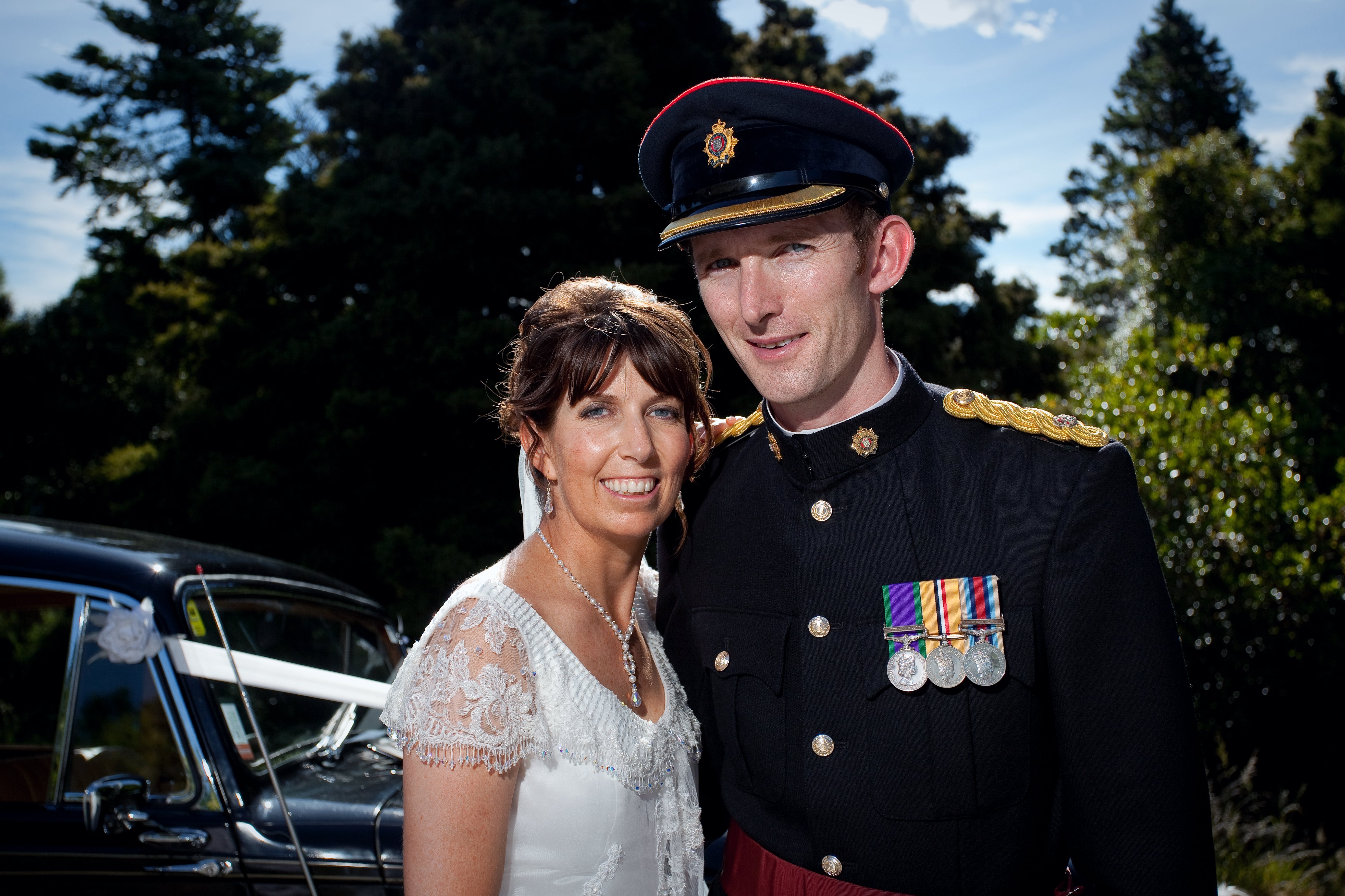
Mr Phillips originally trained as a geologist and later joined the Army, serving in Germany, Iraq, Afghanistan, Northern Ireland and other parts of the UK.
He moved to his wife Ann’s home country of New Zealand after they married in December 2010.
He first started to notice his symptoms in 2013.
“The first thing I remember was trying to hold a knife and fork and my hand shaking,” he said.
“I must admit at the time, shaking of the hands just brought Parkinson’s disease to mind, but it wasn’t that obvious, so I put it to the back of my mind.”
It was only in early 2019 when he tried and failed to give someone a thumbs up at work that he realised “this isn’t normal” and saw his GP again.
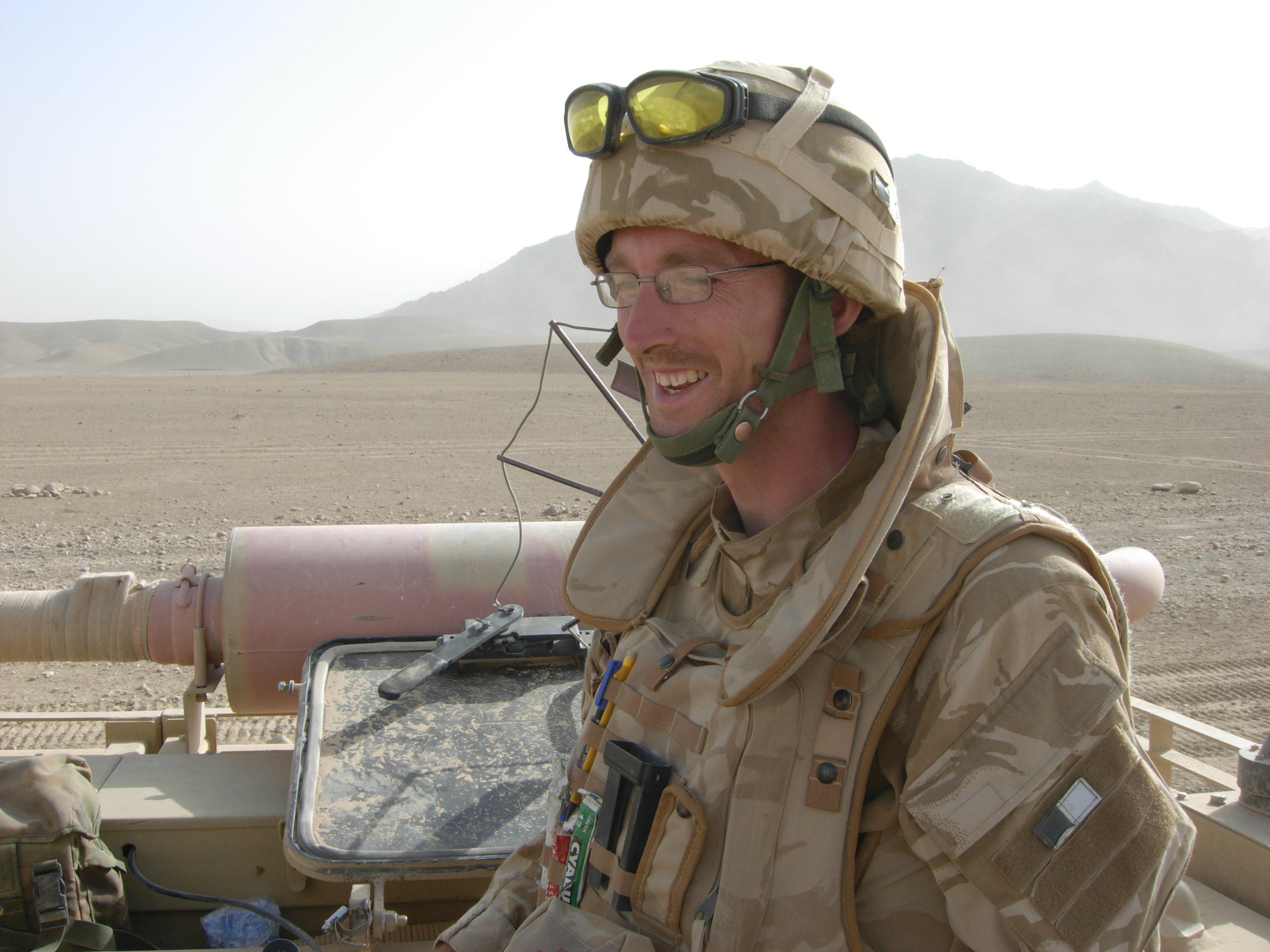
He was then referred to a hand specialist and a neurologist and received his diagnosis in December of that year.
Mr Phillips started to receive intravenous immunoglobulin (IVIg) therapy, which is made from donated human plasma. The treatment involves a day of hospital infusions usually once a month.
According to Inflammatory Neuropathies UK, IVIg is the only treatment for MMN that is approved by the Food and Drug Administration (FDA) and regulatory agencies in Europe and Canada.
The prevalence of this very rare disease is estimated to be 0.6 cases in every 100,000 people, the organisation said.
By Christmas Eve, Mr Phillips said he was able to give his wife a thumbs up again.
His strength in his hands started to return and his symptoms have since stabilised.
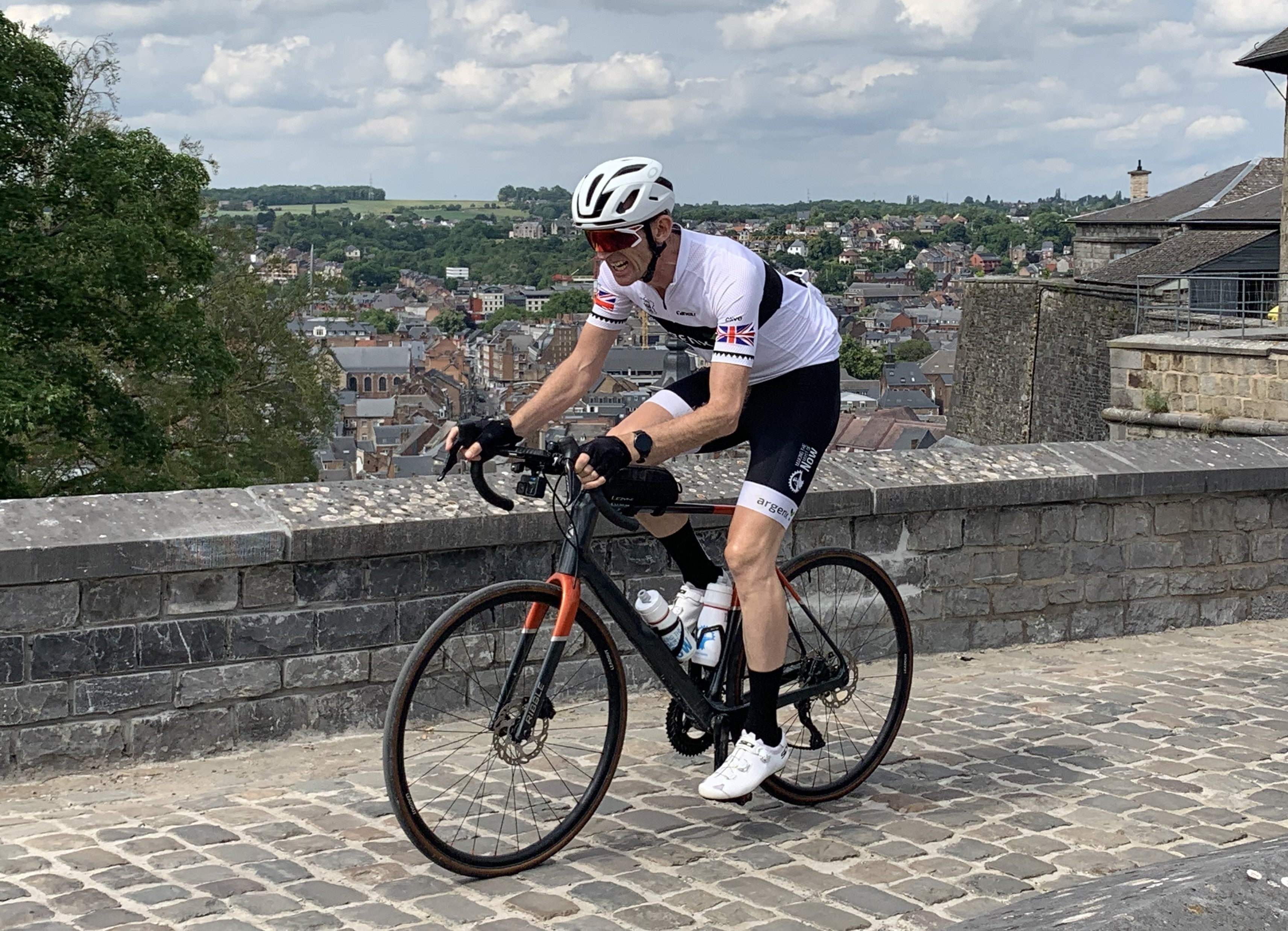
Determined not to let the condition define him, however, Mr Phillips returned to cycling – a lifelong passion.
He began a series of increasingly challenging bike rides to help raise funds for MMN research, including a 22-day cycle in June this year that retraced the route covered by the first British Tour de France team.
“There was a time when I thought I might never ride again,” he said.
“I felt like I’d been given a second chance, and I wanted to do something meaningful with it.”
Mr Phillips hopes that, with time and more funding, the “journey of diagnosis” for MMN will be quicker and easier and there will be more targeted treatments in the near future.
“I’m incredibly grateful for everything I’ve got.”
